This Volume traces the development of one of the most divisible debates in Buddhist philosophy in which leading parts were taken by Nagarjuna, Bhavaviveka and Candrakirti.
The interesting debate between the Prasangikas and Svatantrikas has thus far received comparatively little attention. It has been largely assumed that the division between the two schools occured as a result of the disagreements on the essentials of the Madhyamaka philosophical view.
In the present work the author argues that the schools split not over philosophical but over forensic methodology or, in other words, over the way in which the philosophy of emptiness was to be communicated to and vindicated for others. He draws substantially on the Tibetan sources to prove his viewpoint. He also makes use of Nagarjuna’s Mulamadhyamakakarika and Candrakirti’s Prasannapadanamamadhyamakavrtti.
The volume extends not only the current understanding of the Madhyamaka system, but also offers a new and eminently reasonable interpretation of the nature of the divisions between the Prasangikas and Svatantrikas.

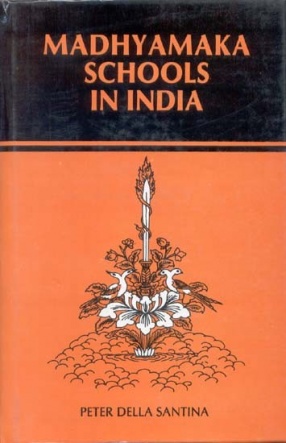
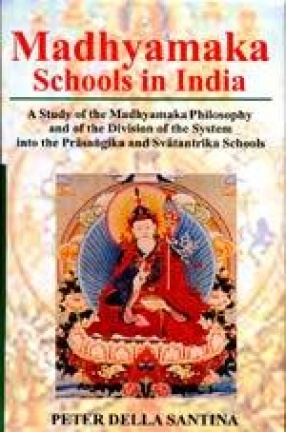
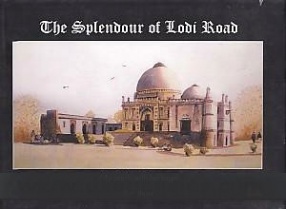
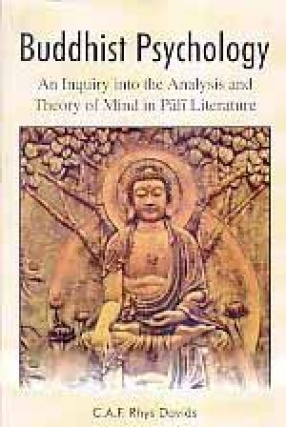
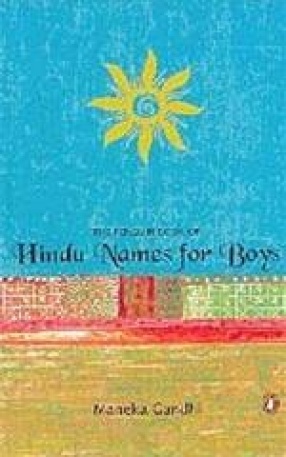
There are no reviews yet.